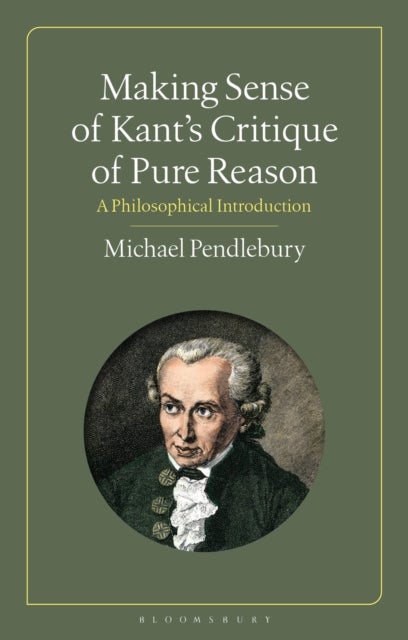
Making Sense of Kant's ¿Critique of Pure Reason¿ av Michael Pendlebury
249,-
Kant¿s <i>Critique of Pure Reason</i> has had, and continues to have, an enormous impact on modern philosophy. In this short, stimulating introduction, Michael Pendlebury explains Kant¿s major claims in the <i>Critique</i>, how they hang together, and how Kant supports them, clarifying the way in which his reasoning unfolds over the course of this groundbreaking work.<i> Making Sense of Kant¿s Critique of Pure Reason</i> concentrates on key parts of the <i>Critique</i> that are essential to a basic understanding of Kant¿s project and provides a sympathetic account of Kant¿s reasoning about perception, space, time, judgment, substance, causation, objectivity, synthetic <i>a priori</i> knowledge, and the illusions of transcendent metaphysics.The guiding assumptions of the book are that Kant is a humanist; that his reasoning in the <i>Critique</i> is driven by an interest in human knowledge and the cognitive capacities that underlie it; and that he is not a skeptic, but accepts that human








